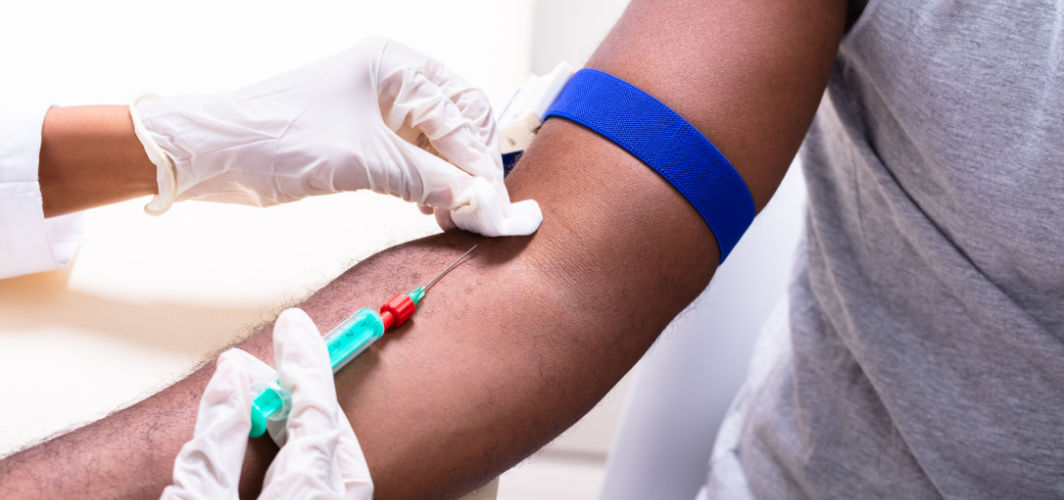Diabetes Management
Suitable Sugar Substitutes for Individuals with Diabetes
1 min read
By Apollo 24|7, Published on - 06 June 2024, Updated on - 07 June 2024
Share this article
0
0 like
.jpg?tr=q-80)
Sugar cravings are a common challenge for many individuals living with diabetes. While it's important to control sugar intake, eliminating sugar from your life can be challenging. Thankfully, several sugar substitutes that can help stabilise blood sugar levels and still satisfy your sweet tooth are available.
Understanding Sugar Substitutes
Artificial and natural sweeteners are popular sugar substitutes for people who want to maintain sweetness in their diet without causing a spike in their blood sugar levels. However, it's crucial to choose the right ones. Some of the commonly recommended substitutes include sucralose, saccharin, stevia, sugar alcohols such as erythritol and xylitol, monk fruit extract, tagatose, coconut palm sugar, and date sugar. These alternatives can offer the sweetness you crave without destabilising your blood glucose.
The Importance of Moderation and Balance
Irrespective of the sweetener you choose, it's essential to remember that moderation is key. Overconsumption of any sweetener can lead to unwanted side effects. Besides this, maintaining a balanced diet and regular exercise is integral for effectively managing diabetes.
While adopting healthier substitutes is one way to manage diabetes, an integrated approach that includes lifestyle changes is usually far more effective. This is where the Apollo Super 6 programme comes into play. Developed by expert doctors at Apollo to assist individuals with type 2 diabetes, Apollo Super6 focuses on comprehensive lifestyle modification for effective diabetes management.
Diabetes Management
Consult Top Diabetologists
View AllLeave Comment
Recommended for you

Diabetes Management
Top 4 Tests For Diabetes Diagnosis
Top diabetes tests: Fasting Blood Sugar Test (FBS), Hemoglobin A1c Test, Oral Glucose Tolerance Test, Random Blood Sugar Test. FBS: ≥126 mg/dL indicates diabetes. A1c: ≥6.5% suggests diabetes. Oral Glucose Tolerance Test and Random Blood Sugar Test also diagnose diabetes.

Diabetes Management
Setting Realistic Goals for Diet, Exercise, & Lifestyle: A Diabetic’s Guide
Successfully managing diabetes necessitates striking a balance in diet, regular exercise, and healthy lifestyle choices. Specificity in goal setting, realism in expectations, and consistency in actions are crucial for achieving success. Explore this blog to discover how to set achievable goals and embark on a journey towards improved health.

Diabetes Management
Adding a Smile to Your Diabetes Management
Oral hygiene is crucial for diabetics. Diabetes increases the risk of gum diseases like tooth decay and cavities. Hence, regular brushing, flossing, and dental check-ups are essential for diabetics to maintain good oral health and support overall well-being.
Subscribe
Sign up for our free Health Library Daily Newsletter
Get doctor-approved health tips, news, and more.
Visual Stories

8 Fruits That are Incredibly Healthy for Diabetes
Tap to continue exploring
Recommended for you

Diabetes Management
Top 4 Tests For Diabetes Diagnosis
Top diabetes tests: Fasting Blood Sugar Test (FBS), Hemoglobin A1c Test, Oral Glucose Tolerance Test, Random Blood Sugar Test. FBS: ≥126 mg/dL indicates diabetes. A1c: ≥6.5% suggests diabetes. Oral Glucose Tolerance Test and Random Blood Sugar Test also diagnose diabetes.

Diabetes Management
Setting Realistic Goals for Diet, Exercise, & Lifestyle: A Diabetic’s Guide
Successfully managing diabetes necessitates striking a balance in diet, regular exercise, and healthy lifestyle choices. Specificity in goal setting, realism in expectations, and consistency in actions are crucial for achieving success. Explore this blog to discover how to set achievable goals and embark on a journey towards improved health.

Diabetes Management
Adding a Smile to Your Diabetes Management
Oral hygiene is crucial for diabetics. Diabetes increases the risk of gum diseases like tooth decay and cavities. Hence, regular brushing, flossing, and dental check-ups are essential for diabetics to maintain good oral health and support overall well-being.


